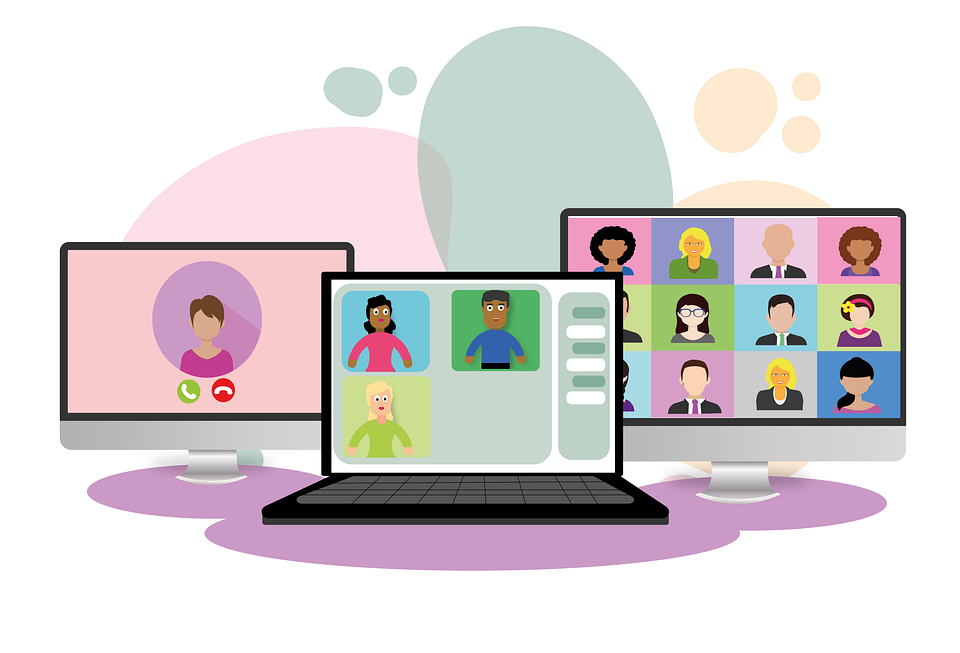Your agenda is packed every day and you’re spending your time rushing from meeting to meeting and working extra hours every day to try to catch up. No, you’re not imagining it, you really are in more meetings.
A new Harvard Business School study has found that employees are working longer hours and attending more meetings than they did prior to COVID-19. An analysis of the emails and meetings of 3.1 million people in 16 global cities found that the average workday increased by 8.2 percent—or 48.5 minutes—during the pandemic’s early weeks. Additionally, employees also participated in more meetings.
Being “always-on” is physically and emotionally taxing and working longer days consistently can create burn out. The lines between work and home have been blurring since the beginning of the pandemic, especially now that remote learning has started and is pulling parents in multiple directions. This can have consequences to team morale, job satisfaction, and most importantly, health and wellness.
Being a leader and a wholehearted person means setting an example and helping navigate these unique times.
Here are some things that you can do to help support your team:
- Acknowledge the unique circumstances that everyone is facing and take the time to discuss with your employees how their work environment has changed. There is no “one size fits all” solution, there may not even be a solution, but truly listening to and acknowledging what your employees are going through can help to validate their experiences.
- Encourage your employees to ask for what they need, let them know that every request might not be able to be granted but that they are safe to communicate how the work environment could better support them. For example, you may not be able to shift to a four day work week but you might be able to have flexibility with start times.
- Draw boundaries to help safeguard mental health and wellness and lead by example. Let your team know that you don’t expect them to be constantly available during off-hours, and then don’t reach out to them during off-hours unless it is an emergency. It doesn’t seem like an earnest sentiment if you tell your employees to set boundaries but continue to email them regularly on nights and weekends.
- Don’t overload them with meetings and don’t double book If you see your employee’s calendars getting overloaded, talk about it with them. Figure out what can be moved, what is the top priority, and what you can do to help. Ask yourself if a meeting is the best way to handle a project or communication before scheduling one.





